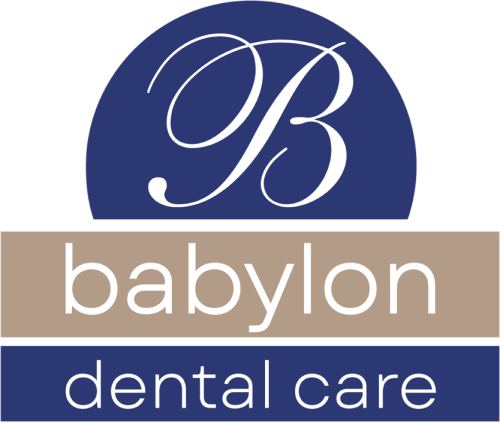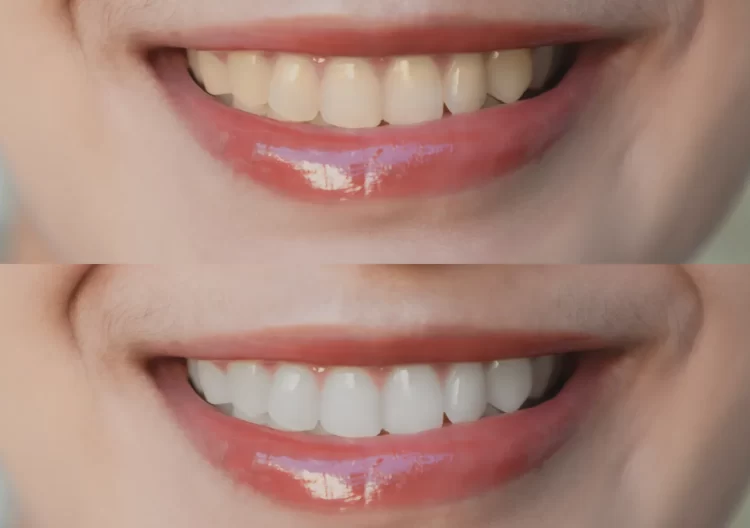We’ve all had that craving before that only a good piece of chewing or bubble gum could satisfy. The question is, from a dental hygiene and oral health perspective, is chewing gum good or bad for your teeth?
The answer, surprisingly, is both because it depends on the kind of gum you are chewing.
So what different types of chewing gum are there?
For the sake of this article, we’re going to break chewing gum down into three categories based on how the gum is sweetened:
- Chewing gum that is sweetened with sugar
- Chewing gum that is sweetened with artificial sweeteners
- Chewing gum that is sweetened with sugar alcohols
While the type of gum you chew probably isn’t very high on your priority decision list, it can have a significant impact on the health of your teeth, gums, and overall oral health and well-being.
Sugar-sweetened chewing gum
 The first (and probably most common) type of chewing gum is gum sweetened with sugar. While this type of gum certainly tastes good (no one can deny that), it can wreak havoc on your teeth.
The first (and probably most common) type of chewing gum is gum sweetened with sugar. While this type of gum certainly tastes good (no one can deny that), it can wreak havoc on your teeth.
In simple terms, chewing gum that is sweetened with sugar effectively brings a feast into your mouth for bacteria. That’s why sugar is considered “bad” for your teeth. The bacteria in your mouth simply love sugar, and over time the sugar feeds the bacteria, causing damage to your tooth enamel and gums.
The bottom line is this: stay away from chewing gum that is sweetened with sugar if you want to keep your teeth and gums healthy for years to come.
Artificially-sweetened chewing gum
Just like diet soda manufacturers use artificial sweeteners to sweeten their beverages, chewing gum manufacturers do the same. While artificially-sweetened chewing gum can have some benefits (such as restoring the pH balance in your mouth after eating or drinking), all in all, this isn’t the best gum for you to chew on a consistent basis.
Chewing gum sweetened with sugar alcohol
 If you are a frequent gum chewer, then the clear winner of the chewing gum war, from a dental hygiene perspective, is gum sweetened with sugar alcohols (most commonly Xylitol).
If you are a frequent gum chewer, then the clear winner of the chewing gum war, from a dental hygiene perspective, is gum sweetened with sugar alcohols (most commonly Xylitol).
When you choose gum sweetened with Xylitol, you get the pH balance benefits we mentioned above, while at the same time taking advantage of the cavity-fighting superpowers of Xylitol.
Ask any dentist what kind of gum they let their kids chew and you’ll get Xylitol as a response 99% of the time.
One of the questions we often hear goes something like this, “Ok great. Now that I know Xylitol gum is what I should be chewing, where do I get it?”
Many of the top chewing gum brands, such as Trident, Dentyne, and Orbit, all make a Xylitol gum; you just have to be on the lookout for it. As the public becomes more aware of the oral health benefits of chewing Xylitol gum, these chewing gum companies are prominently using the word Xylitol front and center on their packaging; you can’t miss it.
Have you chewed too much sugary gum?
Too much sugar can lead to tooth decay and cavities, which is why, if you’ve been chewing too much sugary gum, it may be time to visit the dentist. If you are searching for a new dentist on the South Shore of Long Island in or around the West Babylon or Patchogue areas, please give our practice nearest you a call today!
We have two locations (Babylon Dental Care at Great South Bay and Babylon Dental Care at Gateway Plaza) and would love to meet you and your family.



